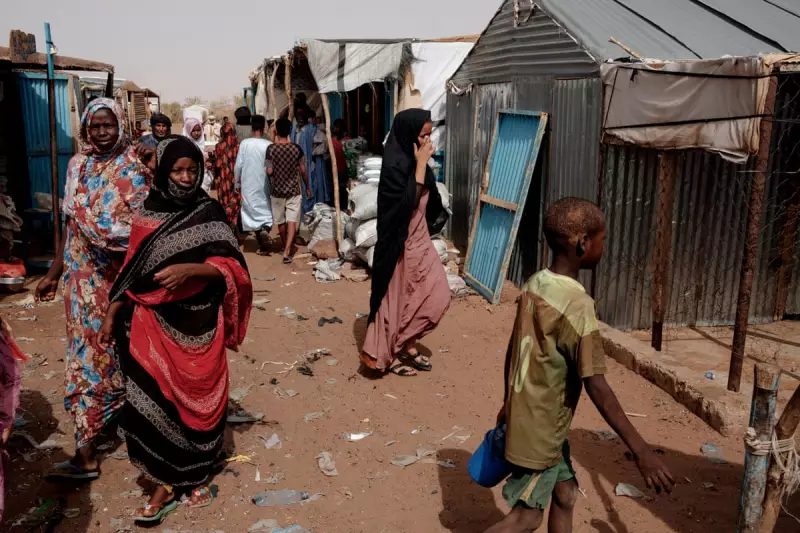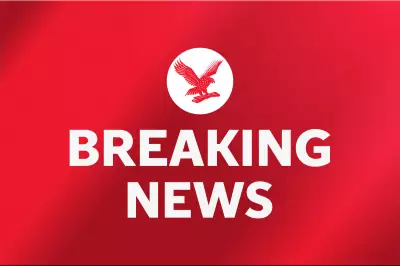
Deep in the arid plains of southeastern Mauritania, a humanitarian catastrophe is unfolding in silence. The Mbera refugee camp, home to nearly 140,000 people who fled violence in neighbouring Mali, is facing collapse as international aid dwindles to dangerous levels.
A Community Living on the Edge
Established over a decade ago, Mbera has transformed from a temporary settlement into a sprawling city of despair. Families who escaped extremist violence and ethnic conflicts in Mali now confront a new threat: survival without adequate support.
"We fled death in Mali only to find hunger here," shares Fatimatou, a mother of five who arrived after militants destroyed her village. Her story echoes throughout the camp's makeshift shelters.
The Devastating Impact of Funding Cuts
The World Food Programme has been forced to implement drastic measures that are pushing refugees to the brink:
- Food rations reduced by 50%, leaving families with insufficient nutrition
- Cash assistance suspended entirely, eliminating purchasing power
- Essential services including healthcare and education facing closure
- Water shortages becoming increasingly common
"When the food doesn't come, we don't eat," explains camp resident Mohamed Mahmoud. "The children cry from hunger, and we have nothing to give them."
A Perfect Storm of Challenges
The crisis at Mbera represents a convergence of multiple failures in the international humanitarian system. The camp's remote location, combined with global funding shifts toward other emergencies and donor fatigue, has created an impossible situation for aid organisations.
UN agencies and humanitarian partners are operating with less than 30% of required funding, forcing impossible choices about which essential services to maintain.
Beyond Basic Survival
The cuts extend beyond immediate hunger. Educational programmes that offered hope to younger generations are being dismantled. Healthcare services that prevented disease outbreaks are stretched beyond capacity. The psychological trauma of displacement is compounded by the uncertainty of tomorrow's meal.
As one aid worker confided: "We're not just talking about hunger. We're watching the systematic dismantling of human dignity."
An Uncertain Future
With the security situation in Mali remaining volatile, safe return remains impossible for most refugees. Meanwhile, local resources in host communities are exhausted, and climate change intensifies the region's challenges.
The international community faces a critical test: will it allow Mbera to become another forgotten crisis, or will it step up to prevent a full-scale humanitarian disaster?
As the sun sets over the camp's endless sea of tents, the question hangs heavy in the desert air: how many more warnings will it take before the world remembers Mbera?





